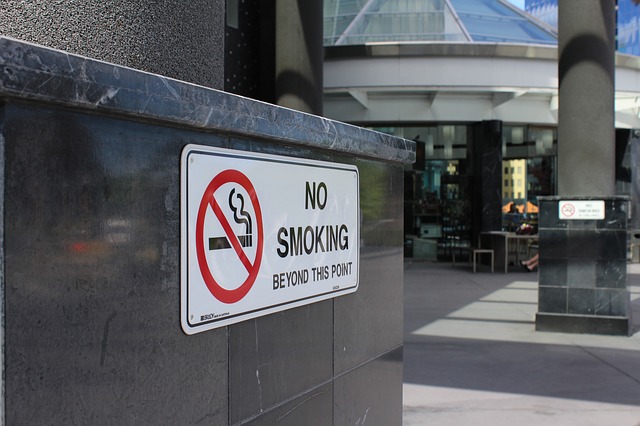As the number of local vapers increased from 7,200 in 2019 to 17,500 last year, the number of smokers has dropped to a record low of 9.5%. This decline puts the government within reach of its goal to reduce tobacco use to 7.8% by 2025.
Health minister Sophia Chan has highlighted that authorities are considering a three-pronged approach in the local tobacco control strategy, which includes an increase in non-smoking areas. She added that in parallel with the decrease in smoking, vaping has increased “significantly” by nearly 1.5 times in the past two years.
Teen smoking has decreased as vaping has increased
Meanwhile, analyzing cross-sectional data from the CDC’s National Youth Tobacco Survey data between 1999 and 2020 in the US, researchers at the University of Alabama at Birmingham have found that cigarette smoking amongst teens has consistently decreased in parallel with an increase in vaping.
The research team found that while the use of e-cigarettes has drastically increased since 2014 and is the most commonly used nicotine or tobacco product among middle and high school students, this has led to a sharp decrease in the use of more harmful combustible tobacco products.
They also found that the CDC’s any tobacco product use measurement, a binary measurement which asks if someone has used any tobacco product in the past 30 days, fails to differentiate between the use nicotine products’ in terms of their risks. “The majority of cigarette brands contain similar ingredients, concentration and chemicals,” said Ruoyan Sun, Ph.D., assistant professor in the UAB School of Public Health’s Department of Health Care Organization and Policy and a study researcher.
“Conversely, there are a wide variety of e-cigarette products with different chemical levels and makeups. To track nicotine and tobacco use patterns and their associated risks more accurately, surveys need to account for the frequency of product use and product-specific risks.”








